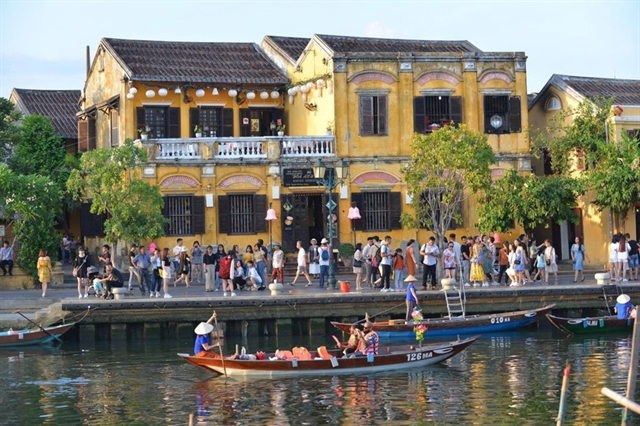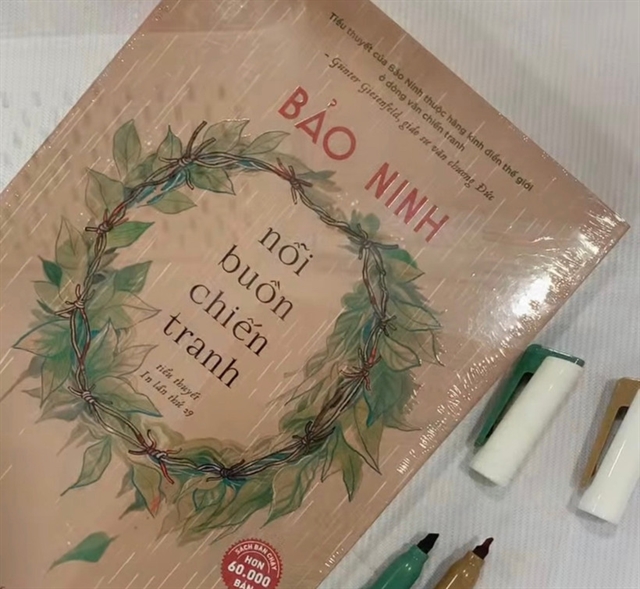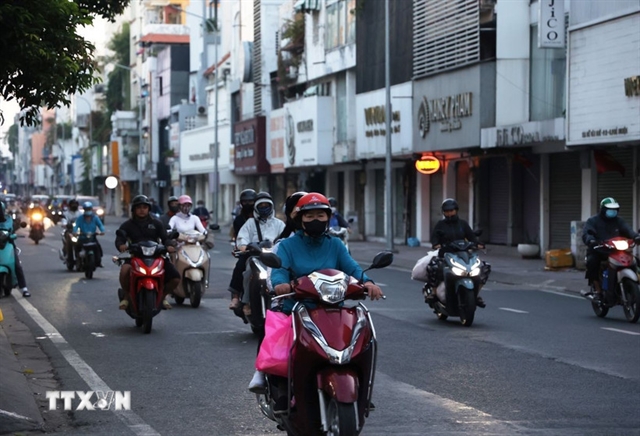 Environment
Environment
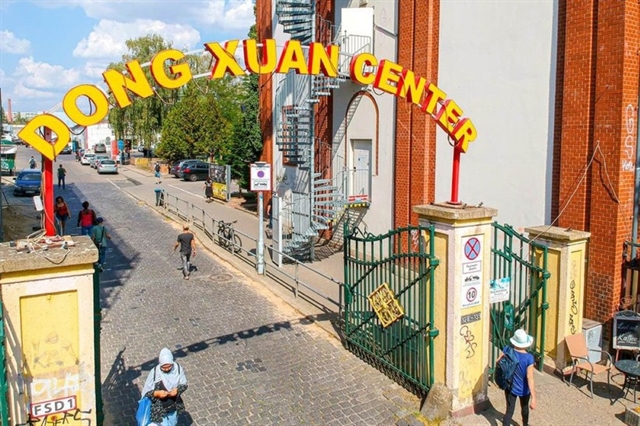
Illegal wildlife traffickers face heavy punishment in Viet Nam, according to officials. Illegal endangered species hunters and traders face two to seven years in prison, or fines from VNĐ50 million (US$2,200) to VNĐ3 billion ($133,000).
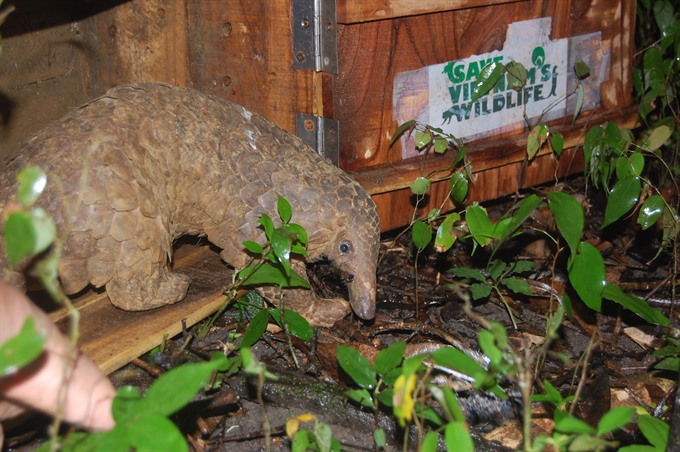 |
| An endangered pangolin is released into a nature after a long care at a rescue centre in Ninh Bình Province. Traffickers of the endangered animals will get two or seven years in prison or US$133,000 cash fine. — Photo courtesy Save Vietnam’s Wildlife |
ĐÀ NẴNG — Illegal wildlife traffickers face heavy punishment in Viet Nam, according to officials.
Illegal endangered species hunters and traders face two to seven years in prison, or fines from VNĐ50 million (US$2,200) to VNĐ3 billion ($133,000).
Representatives from the Supreme People’s Court made the statement at a training programme on cases relating to crimes against protected wildlife, in Da Nang yesterday.
The training programme was an opportunity for judges at all levels to discuss the development of a draft of the Supreme People’s Court Judge Council Resolution, which will guide the implementation of new provisions relating to wildlife as stipulated under the 2015 Penal Code.
The 2017-amended Penal Code, which will come into effect from 2018, offers clear details of regulations on hunting, killing and trading activities of endangered species under the list of protected animals of the Government and international conventions.
In a report from the Supreme People’s Court, there were 231 cases related to endangered species trafficking and trading and illegal hunting in 2015-17 with 339 offenders, of which only eight were imprisoned from three to seven years, 96 got three years in prison, while the remaining cases resulted in either probation or fines.
Nguyễn Quý Tỵ, former deputy minister of justice, said some articles and regulations in the amended Penal Code were unclear, necessitating more explanations from the Supreme People’s Court Judge Council.
He said some local people’s courts were confused about judgments in animal organ trafficking cases and frozen wildlife and dried products.
“It did not identify how to judge trafficking organs of endangered animals. For example, if a trafficker was seized when trading four legs of one or more tigers, which punishment should they get?” Tỵ asked.
“Some articles were still vague for conviction such as a part of an animal organ was taken from an animal, but this organ would not kill the animal,” he said
He added some agencies could not properly look after rescued animals from illegal wildlife trafficking cases or afford fees to keep them alive after recovery.
Tỵ also said it needs detailed guidance on how to prosecute traffickers with different endangered species at the same time, and which agencies are assigned to look after animals recovered after a trafficking case.
Lê Ngọc Tùng, a judge from the Supreme People’s Court, said criminal offences were not given in a trafficking case of 220 kg of pangolin scale in Quảng Ninh, and the illegal trader just received 12 months probation due to a lack of detailed guidance.
Tùng said in a similar case in Lạng Sơn Province, the local people’s court only gave illegal traders of 120kg of pangolin scales six months’ probation.
He said it has not identified level of punishment on maximum or minimum quantity of illegal trafficked endangered animals and its alive or dried organ product.
Tùng said confusing illegal trafficking cases were lightly fined.
He urged more detailed guidance from the Supreme People’s Court Judge Council for better implementation of the Penal Code. — VNS



